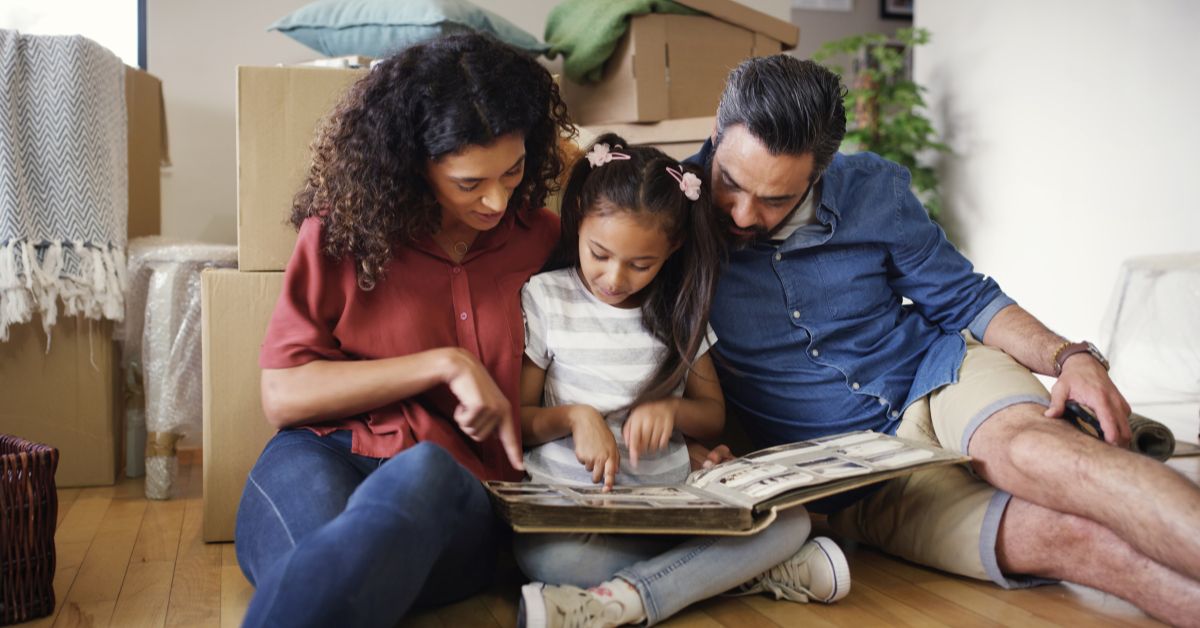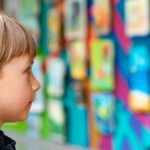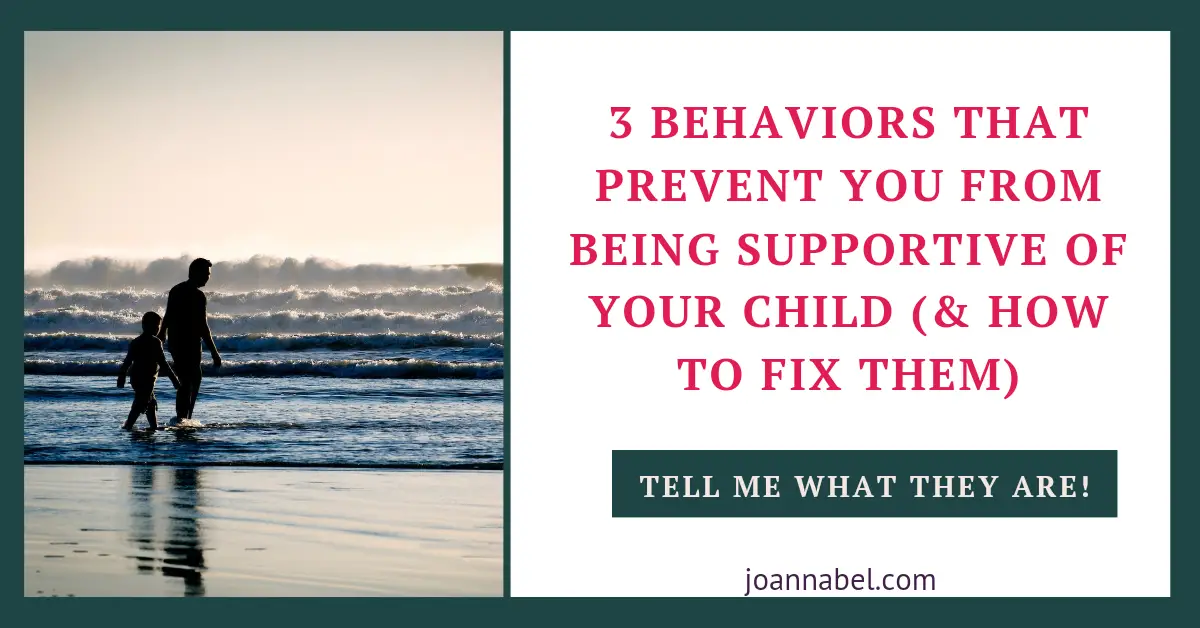History can feel distant and abstract to children because it’s full of names, dates, and events they don’t recognize. But when you bring it home, the past is alive and meaningful. Kids often learn best when history lessons begin with their own family stories—real events, real people, and real connections that show why history is personal and relevant for everyone, no matter their age.

Why Family History Is the Best History Lesson for Kids
Let’s explore how personal family stories help kids connect with history, develop critical skills, and build empathy through engaging, hands-on learning.
Note: Although I am a Clinical Social Worker, engaging with this website does not establish a professional social worker-client relationship. The information provided here is for general purposes only and should not be considered professional advice. While we strive to ensure accuracy and reliability, this content is not a substitute for professional guidance. For specific concerns, issues, or situations, it is essential to consult a qualified professional and present your situation. Read the full Disclaimer here.
History Becomes Personal
When children learn about their ancestors, they realize history didn’t just happen to strangers. It happened to their family.
For instance, when your child’s teacher covers the events that led to the US’s entry into WWII, you can supplement the information with stories about relatives who enlisted after Pearl Harbor or worked in wartime industries.
These stories help kids connect emotionally to the past and give them real-world context for what they’re learning in school.
Research and Critical Thinking Skills Blossom
Family history research requires students to become detectives, gathering evidence from multiple sources.
For example, when investigating an ancestor’s migration story, they might compare family oral traditions with official documents, discovering how perspectives can differ and why multiple sources matter.
This process develops essential skills, including source evaluation and evidence synthesis.
Cultural Identity and Empathy Deepen
As children explore the struggles and triumphs of their past relatives, it helps them see history through a human lens.
They can discover the traditions, values, and customs that shaped their families across generations. This knowledge strengthens personal identity and provides anchors for understanding their place in history.
Furthermore, sharing family stories in classroom settings exposes students to different cultural perspectives. They learn how various communities experienced the same historical events and develop empathy and a cultural understanding that extends far beyond their own family narratives.
Generations Come Together
Family history projects naturally involve multiple generations in the learning process.
Grandparents and other relatives who are older adults become valuable resources, sharing firsthand accounts and family documents. Students often discover that older relatives welcome these opportunities to share their experiences.
Frequent intergenerational connections strengthen family bonds while preserving important stories that might otherwise be lost.
Storytelling Skills Take Center Stage

As kids dig into their family history, they learn how to tell stories.
Retelling a grandparent’s journey across the country or sharing the details of an ancestor’s military service gives children a chance to organize events, understand cause and effect, and present ideas clearly.
They can use these skills in future academic and professional environments.
Bringing Learning to Life Through Activities
Family history can also inspire hands-on projects. Start with something simple, such as building a family tree.
This visual representation helps kids see the connections between generations and better understand how they fit into a larger story.
As they fill in names and dates, they may start asking deeper questions about where people lived, what jobs they had, or what life was like during different historical periods.
Latest Posts:
- How To Help Cultivate Your Child’s Interests in Art

- The Bedroom Door: Why Privacy for Teens Isn’t Optional

- The Importance of Play in Child Development

- 5 Hobbies That Will Help You Connect With Your Teens

- A Guide to Balancing Parenting Roles After Divorce

- Gifts for Your Teenager That They’ll Actually Enjoy

FINAL THOUGHTS ON REASONS WHY FAMILY HISTORY IS THE BEST HISTORY LESSON FOR KIDS
The reason why family history is the best history lesson for kids comes down to this: it connects the past to the present in a way no textbook can.
When children see themselves in the larger human story, they feel more grounded, curious, and emotionally invested.
These lessons shape both how kids understand history and how they see themselves. With each personal story, they gain deeper insight.
If this was helpful to you, check out also:








Leave a Reply